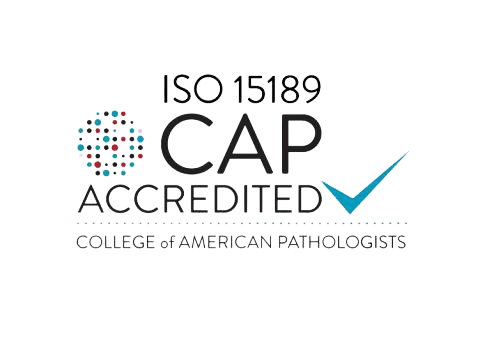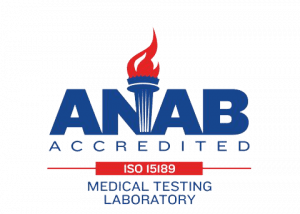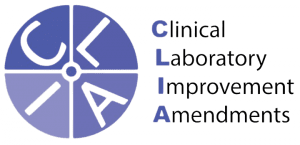Getting pregnant can be exciting, as well as stressful, and even overwhelming. The whole experience is often best with lots of care and support, but any uncertainty about the paternity can cause a largely unnecessary amount of stress. At Choice DNA Testing, we offer a service called noninvasive prenatal paternity testing, so you can stop worrying about who the father is, and get back to focusing on having a healthy and stable pregnancy. Today we will go over the details of what a prenatal paternity test is, as well as address a few common questions about safety and accuracy.
What Is It?
 Noninvasive prenatal paternity testing is a service that is designed to help you determine the father of an unborn fetus, as early as 8 weeks after conception. This procedure can be done with a blood test, or with testing of the amniotic fluids. The blood tests only require blood from the mother and the father, since the infant’s DNA can be detected in the mother’s blood after 8 weeks.
Noninvasive prenatal paternity testing is a service that is designed to help you determine the father of an unborn fetus, as early as 8 weeks after conception. This procedure can be done with a blood test, or with testing of the amniotic fluids. The blood tests only require blood from the mother and the father, since the infant’s DNA can be detected in the mother’s blood after 8 weeks.
Is It Safe?
In short, yes! Noninvasive prenatal paternity testing poses no threat to the mother, or to the fetus. If you choose to do the blood test, which is recommended, we can even send you an at-home testing kit, or help set you up with an appointment at a specialized testing center. If you choose to go with the amniotic fluid test, there are certain risks, only because it requires a hospital visit, which can open you up to unnecessary fees, and risk of infection. The safest, and also fastest method is with our tried and true prenatal blood testing.
Obtaining Understanding of Paternity Before Childbirth
Expectant moms already experience enough stress without having to worry about paternity. However, identifying dads at an early stage of pregnancy aids families in better preparing both financially and psychologically for the birth of a child. These days, sophisticated prenatal DNA testing reliably and risk-free offers answers throughout the early stages of pregnancy.
Guarding your Emotional Health
A child’s birth excites and unites expectant parents deeply as they envision a future filled with love and hope. But when suspicions arise about doubtful paternity, emotions run the risk of becoming attached to a child who doesn’t have biological links. Only conclusive DNA answers can be clarified if such ties are based on a firm foundation.
If paternity is not established before delivery, suspicious fathers may form strong emotional bonds with their children throughout critical stages of pregnancy, only to experience excruciating grief upon discovering they are genetically unrelated. Men who lose children who were thought to be theirs experience severe psychological effects after learning via DNA testing that they were never biological fathers.
Safety and Ethical Concerns with ChoiceDNA
The non-invasive prenatal paternity test (NIPP) from ChoiceDNA, a reputable direct-access testing company, is focused on family insights rather than legal evidence needing stringent procedural controls. Qualified labs nevertheless examine samples to guarantee technical dependability. And everyone takes part willingly, adhering to the ethical informed, approved guidelines for private genetic testing that seeks to educate.
ChoiceDNA scientifically elucidates genetic relationships sooner. DNA prenatal testing helps avert such emotional suffering by empowering educated connections based strongly on facts and biological truths. Early discovery of conclusive paternity answers protects dads and families from unintentionally attaching their hearts to offspring who are not genetically their own. When your DNA can readily indicate if you should direct your emotions somewhere first, why endure months of uncertainty? Using prenatal insights, find mental serenity.
For NIPP to work, the mother and presumed father must have their blood drawn; dangerous amniotic fluid extraction is not necessary. The most recent methods essentially eliminate the miscarriage concerns that concerned early adopters by isolating trace fetal DNA in the mother’s blood. Nevertheless, if you’re worried, we advise talking to your doctor about testing.
To learn more, give our team a call today at (800) 219-4362, or ask about our other affordable testing options!



















